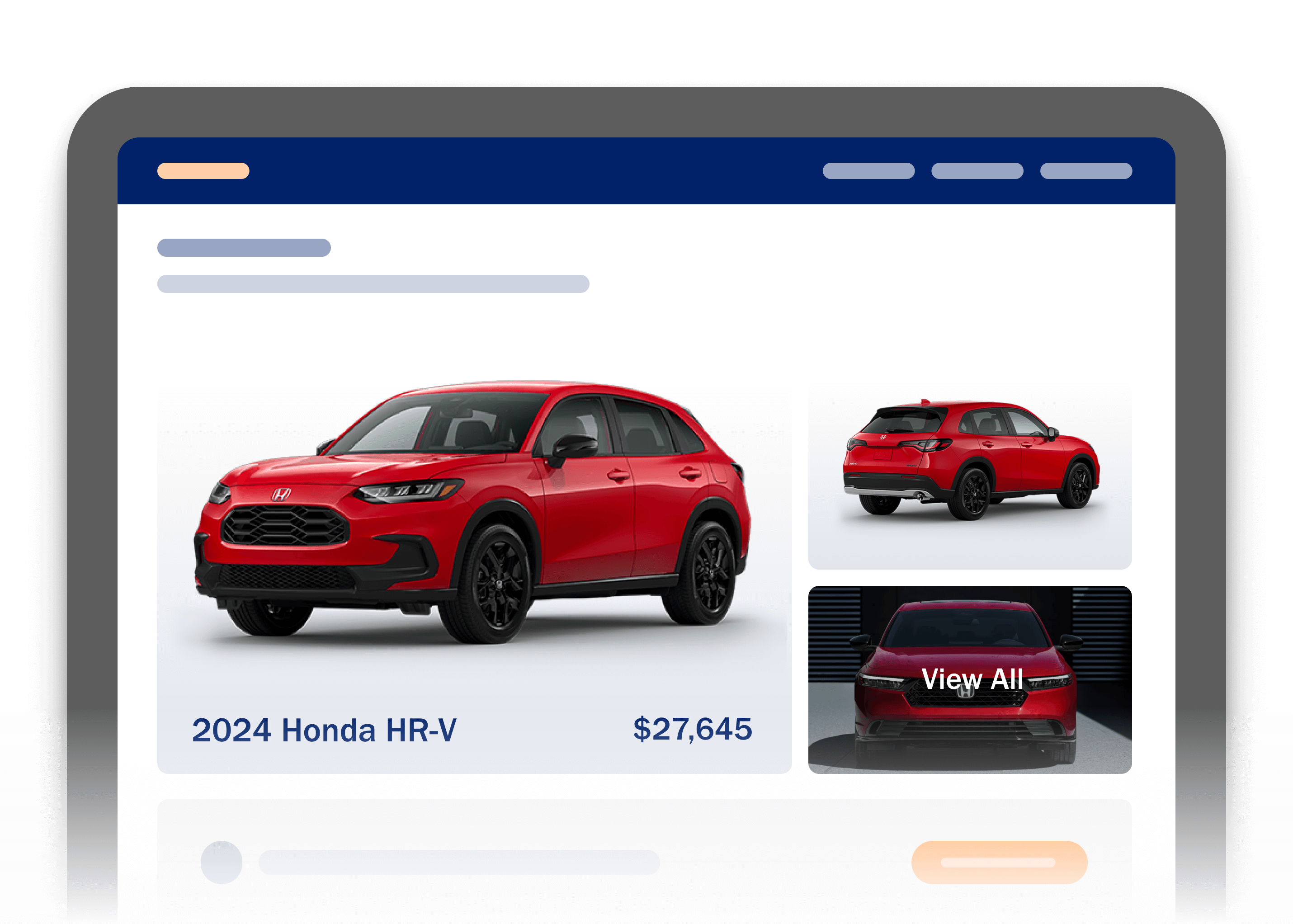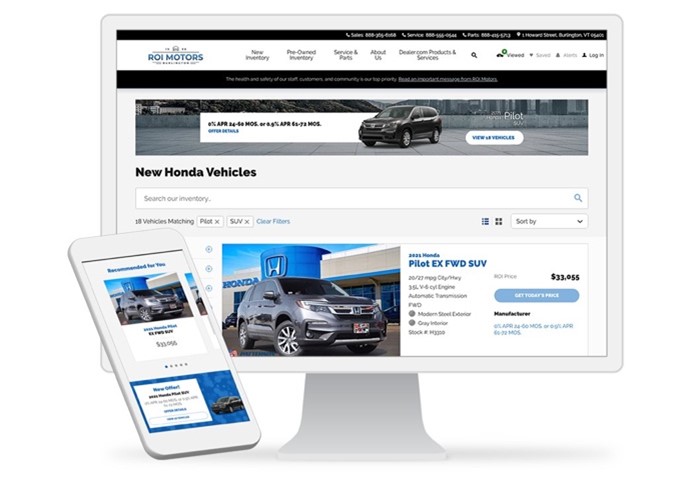Young people aren’t driving differently. They’re shopping differently. And that’s a good thing.
The automotive industry is increasingly focused on the car-buying habits of the millennial generation: car buyers born after 1980. Dealers have often been led to think that this set isn’t as interested in vehicles as prior generations. They have more of an emotional connection with consumer electronics than with cars – so the theory goes – and they favor car sharing over car owning. And since they increasingly live in cities, they prefer riding a bike or using public transportation. This line of thinking has taken hold, becoming part of the “conventional wisdom” in the industry.
But what if it’s wrong?
At this year’s meeting of the National Automotive Dealers Association in San Francisco, a group of executives from MTV presented a new reality: one in which “Millennials love their cars for the same reasons they love their phones.”
The study involved 3,610 millennials between the ages of 18 and 34, and revealed that this generation may be more interested in cars than their older counterparts. For example, 70 percent of millennials enjoyed driving versus 66 percent of generation Xers and 58 percent of baby boomers. The study also revealed that 76 percent of millennials would give up social media for a day rather than their car, while a whopping 72 percent would give up texting for a week rather than be without their car.
The study’s findings also analyze the effectiveness of millennial-focused product development and marketing. The big takeaway? Cars aren’t the problem. Eighty-two percent find buying or leasing a new vehicle “exciting.”
Instead, the real issue among millennials is an outdated and unsatisfying purchase experience. Seventy-one percent of those surveyed said they found ratings and comparisons among different vehicles to be “often unclear.” In addition, 83 percent said they wish car brands would explain how vehicle prices are set while 87 percent said they feel the car-buying process should be more “fair.” Finally, 80 percent said that buying or leasing a new car should take less time.
Adapting to these trends means delivering increased efficiency and transparency into the retailing process, beginning with your website. Here are three great first steps:
1. Maximize Searchability
Millennials are accustomed to readily available information. They want to learn everything they can about vehicles in which they’re interested before ever setting foot in a dealership. Websites that feature “trim-based” search and other vehicle search tools allow them to get information easily – whether it’s seeing the differences among the various trim levels on a vehicle, or narrowing down a shortlist based on price, miles per gallon, or horsepower.
2. Invest in Transparency
As shown in the MTV study, millennials trust digital experiences; they just don’t always trust dealerships. Bridge that gap through honest, transparent digital retailing experiences on your site. Digital Retailing allows customers to get a credible quote for their trade, or take an active role in the deal structuring process by modifying things like the lease term and down payment or viewing available protection plans. Not only does this insight deepen a visitor’s level of overall site engagement, it increases his or her trust. Both of those benefits are invaluable in the emerging digital landscape and generating automobile leads.
3. Allow Shoppers to Initiate Deals Online
While the showroom remains fundamental to the retailing experience, millennials increasingly seek efficient transactions. That’s part of what makes online deal initiation invaluable. By allowing shoppers to initiate their purchases online, dealers show their younger customers that they respect their time and autonomy. Additionally, by showing customers how much time they’re saving, dealers build excitement about the transaction and the showroom experience.
Having spent my professional career in the automotive industry, and having developed a passion for the art and science of car design, it’s exciting to consider a future where millennials are just as excited by cars as they are by consumer electronics. It’s just as exciting to know that, with a few simple strategies, dealers can help ensure that this new generation of customers is just as excited to head to the dealership to buy their cars as they are to drive them.
James Grace is Director, Product Management – Analytics at Dealer.com




